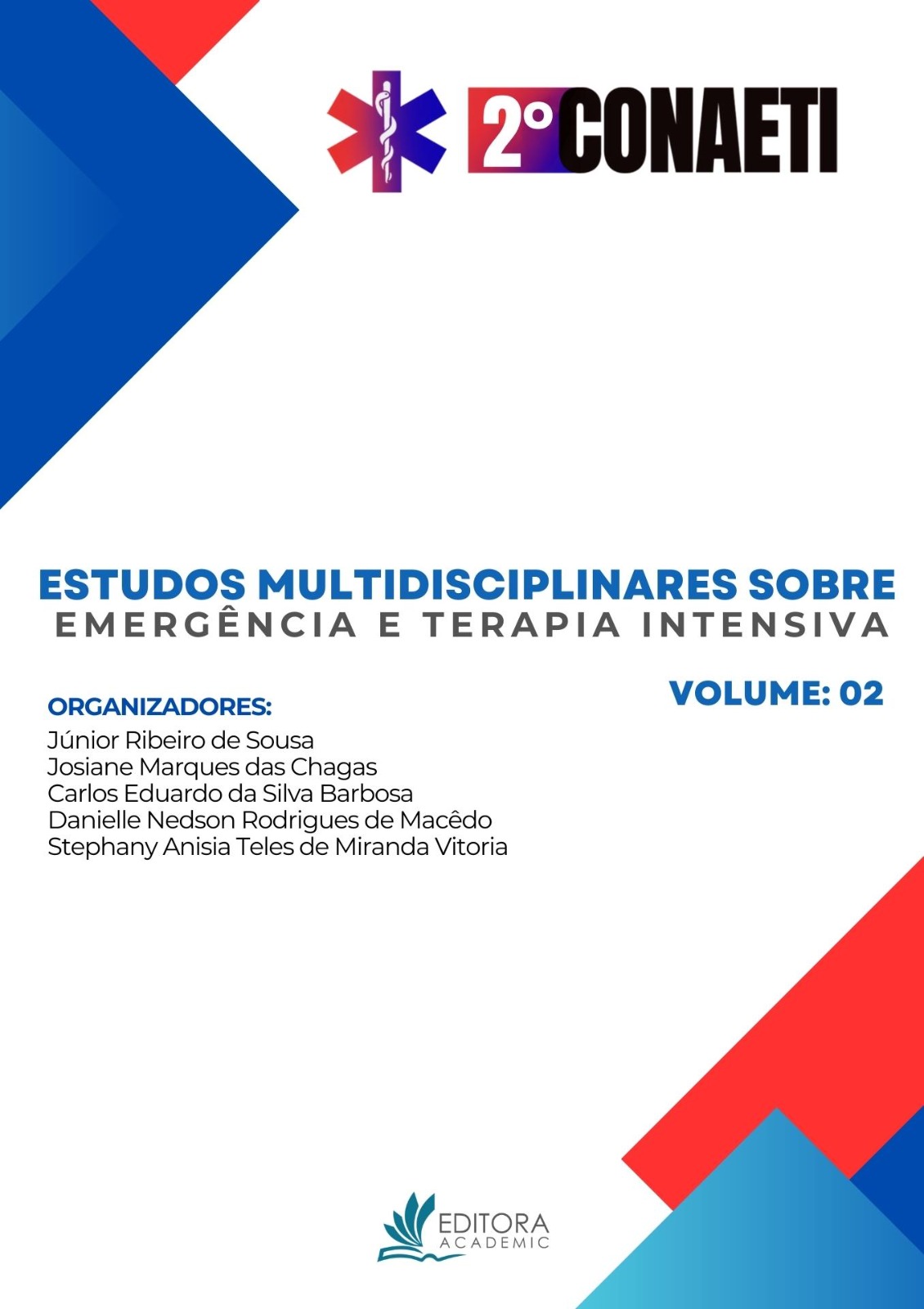
OBJETIVO: Demonstrar o adequado manejo da hipoglicemia e a importância do reconhecimento precoce dessa condição em situações de emergência. METODOLOGIA: Trata-se de um estudo descritivo, do tipo revisão integrativa qualitativa de literatura. Foram coletados artigos usando descritores de pesquisa obtidos na plataforma DeCS, buscando informações sobre hipoglicemia em serviços de emergência e unidades de terapia intensiva. Foram realizadas buscas em três bases de dados: LILACS, SciELO e PubMed. Após a aplicação de critérios de elegibilidade e exclusão, foram selecionados nove estudos para análise crítica. RESULTADOS E DISCUSSÃO: A hipoglicemia é caracterizada por uma queda nos níveis de glicose sanguínea, sendo definida como um ? 70 mg/dL. A International Hypoglycaemia Study Group publicou um consenso em 2021 sobre as definições e o manejo da hipoglicemia, que foram amplamente adotados em outras diretrizes. Atualmente, a hipoglicemia é dividida em três estágios, sendo o terceiro caracterizado como hipoglicemia severa, que requer assistência de terceiros para manejo e recuperação. O tratamento da hipoglicemia depende fundamentalmente do nível de consciência do paciente. Quando o paciente está consciente, a via oral é a prioridade, com oferta de carboidratos de rápida absorção assim que observado níveis de glicose sanguínea inferiores a 70 mg/dL. Em um paciente inconsciente, o tratamento preferencial dependerá do local onde o paciente se encontra. Em ambiente extra-hospitalar o glucagon é a primeira linha de tratamento, já em ambiente intra-hospitalar a preferência recai sobre a obtenção precoce do acesso venoso e administração de soluções contendo glicose. CONSIDERAÇÕES FINAIS: Admissão de pacientes inconscientes na emergência é problemática, de tal modo que a hipoglicemia sempre deve ser analisada como hipótese para o quadro. Nesse cenário, terapias emergentes como soluções semelhantes ao glucagon, são promissoras, mas ainda caras, portanto, ainda permanece como primeira escolha no cenário da emergência administrações de soluções contendo glicose.